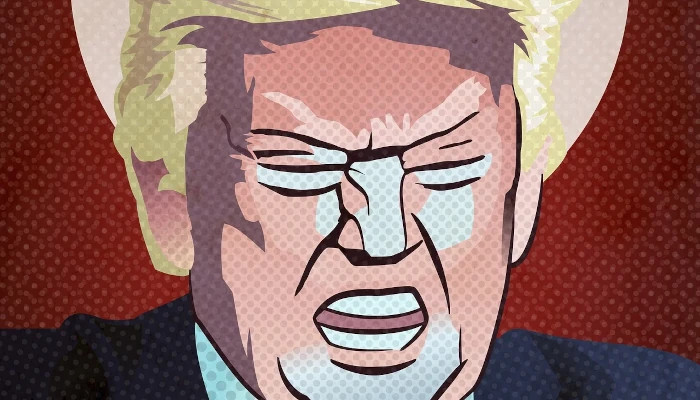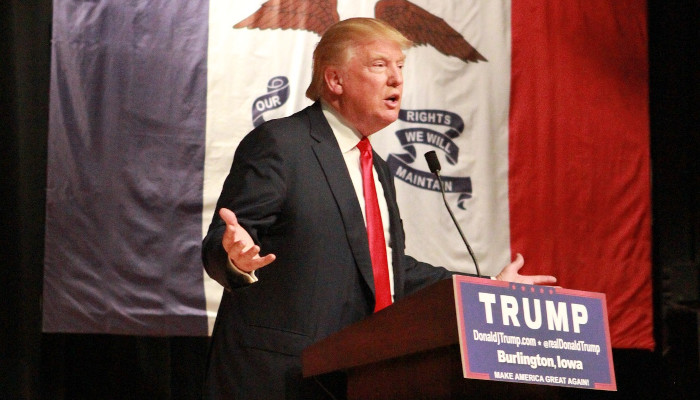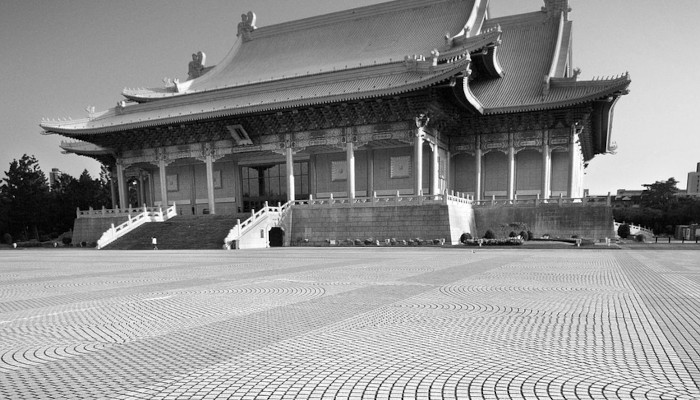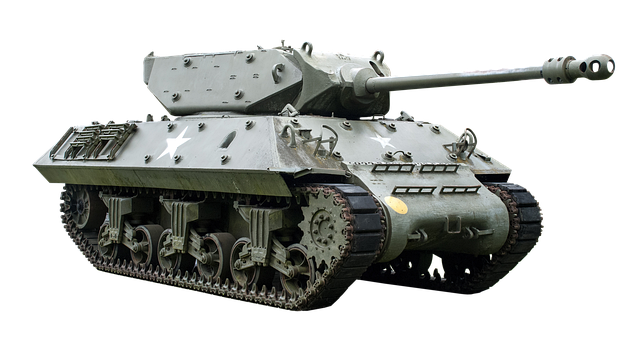
China’s historical troubles adapting to global trade could merge with Trump’s agenda to reshape America into a highly volatile mix.
One of China’s historical problems has been its integration into the global economic trading system, which emerged after the discovery of the American continent in the 15th century.
The first encounter was between the Spanish Empire and the Ming dynasty in the late 16th and early 17th centuries. China had a trade surplus with Spain, which was exchanging its Mexican silver for Chinese silk and porcelain. A trade collapse resolved the surplus because Spain no longer had the resources to spend on luxury goods as it grew engaged in the Thirty Years’ War in Europe.
The second incident occurred with England two hundred years later, between the 18th and 19th centuries. Again, there was a trade surplus issue. England and its colonies needed tea, and China came to accumulate over 70% of all silver (the international token of exchange at the time) in circulation. Global trade was about to choke due to a lack of currency. This time, it was resolved by a war in which England forced China to open its domestic markets.
In both cases, there was a problem of a Chinese imbalance between the internal and external markets. In the 17th century, it was solved by the external partner stopping trade, causing an inflationary crisis that started an internal rebellion and triggered the end of the dynasty. In the second case, the domestic market was forcibly opened, which kindled a capital flight and a sudden ruin that started an internal rebellion, leading to the end of the dynasty.
Today, the two solutions are looming again and again after two centuries. America, which dominates world trade as Spain and England did, could either stop trading with China or pry its market open by conflict. In either case, the result could be devastating for China, as it was in the past.
A mediated solution through dialogue perhaps could be the best. But it could be very tricky and arduous, so people in Beijing might be reluctant to get on with it. In any case, maybe it’s unnecessary to embark on such a venture now.
Some in Beijing might think another option is for America to change its direction and take a different approach.
From Beijing or Moscow (another although different challenger of the present order), these hopes may focus on the divisive personality of Donald Trump and all the pro-Hamas protests stirring the American streets and campuses. These events, seen from Beijing, project an image of a bitter American internal power struggle that would distract the U.S. from external concerns.
Just these days, Trump is tearing apart the American justice system by almost daring the judge to put him in jail (for violating a gag order in a New York trial) and then perhaps hoping that the ensuing circus will bring him votes.
In this way, he harms and dents one of America’s greatest weapons—its democracy based on respect for the division of powers. The system, liberal capitalism, with all its shortcomings, produced the most significant improvement in the lives of all people in history. Tinkering with it so far never spawned quite the same results.
Trump might be correct in thinking that the American system is not working and needs to evolve and change. But right now, the U.S. is competing with Russia and China. Without the allure of democracy and the liberal system, the contest could slide into a European 17th-century conflict, a race between different but equally proud and righteous kings. Then, the nobler of the lot could have a better chance to win allies, something crucial to turning the political tide then and now.
Here, “Emperor” Trump seems weaker and less imperial than his potential competitors, Vladimir Putin or Xi Jinping.
Looking at this from the point of view of other countries of the world, why would they choose to side with the weaker, more arrogant emperor? Very quickly, many could opt for Putin or Xi.
Trump could have a better chance of winning in contention with Russia or China if he could appeal to American strengths based on the current liberal democratic system. Without it, or by changing its dynamics, it is unclear what America can do. Then, Trump should obey the law and respect democratic procedures to have a chance to win future international matches. But then Trump would stop being Trump now.
Still, there could be a different twist of events even if he were to win with the present tactics. As Trump would face a very divided America after the elections, he could direct the country at the one thing that unites most Americans—their suspicion or hatred of China for stealing American jobs. It would accelerate a clash with Beijing.
In any case, short of that, Trump brags about being a dealmaker, and a possible scenario could be to carve the world into two or three spheres of influence. It might be a way to prevent a destructive and unpredictable clash. Still, it’d mean limiting the U.S. global political and economic footprint, thus leading to Making America Little Again (MALA), which is not MAGA (Make America Great Again).
It might be safer for everybody because America gives up a fight it thinks can’t win, but that changes the world order. It also would change global history.
MALA tempora currunt
The last 80 years were based on the U.S. as the buyer of last resort. If the U.S. gives up this role, world trade will shatter. Then, it’s unclear how the world will be ordered.
A current trend is to center it on China, which is an “exporter of last resort.” It exports goods and imports wealth and jobs. It creates different imbalances, possibly more dangerous than the current ones, ultimately leading to global unemployment trends.
It could be manageable, as goods would be cheaper, but a sizable Chinese power projection would be needed to be sustainable. Then, it would impose a considerable security cost that may be equal to or greater than the economic trade benefits gained. It is unclear how and if this power projection can be manageable in the long term.
In the past, imperial China had constant problems maintaining a balance between external and internal pressures. However, it was managed because the Chinese dynasty didn’t project power beyond its traditional “sphere of influence,” which, in total, had less wealth and population than China itself.
This is the first time since the first unification (3rd century BC) that China projects trade and power on a global scale. China is only 20% of the total population and is even less of the global GDP. Historically, only the U.S. managed to be over half of global GDP after the devastations of WWII that left the American continent unscathed.
Moreover, a China central in Asia, without an American presence but with countries wary, if not hostile, to its rise, creates enormous regional and domestic pressures on Beijing. China sure of itself will have domestic expectations of increased wealth and will have to confront these foreign pressures indirectly.
Still, it’s uncertain whether they will equally reflect a parallel increase in domestic consumption because of the lack of a welfare state, which will take decades to build and take root. Besides, consumption is expected to increase in countries where China exports. However, if wealth and jobs are transferred to China, it will be hard to sustain consumption growth at home and thus import from China. Conversely, it could create a growing anti-China sentiment.
Then, the world that some in China might hope for has many more questions than answers. Even for China, there may be many more problems than it can solve.
For Russia, it could be different. Its power structure is based only on political projection without an economic-trade complex structure like China’s.
Russia was always part of European endeavors, even its reach into the Far East and onto Siberia, which started after the Spanish had established the first global trade route circumventing the Mediterranean and centered on the American continent. Even Russia reached the American continent, conquering Alaska only by land, not a sea route. Russia was always part of the Western economic order; it only tried to totally subvert it during the socialist time, something that Putin abandoned. Europe has no qualms about buying Russian gas; it has issues paying Putin’s political price for it.
Therefore, if Trump divides Europe and splits it with Russia into spheres of influence, Moscow will have already achieved its objectives. Returning to supplying cheap gas through existing pipelines will just be an extra to finance the effort and solidly hook Europeans to the new Russian cart.
China’s goals have historically been more objectively complex. They were about changing the mode of empire, not accumulating surplus but pushing the Chinese people to consume more.
Unlike the other two crises, when China didn’t even try to devise a response, this time China attempted to deal with it through the Belt and Road Initiative (BRI) launched by President Xi Jinping. However, new problems and issues arose, both internally and externally, and the BRI, as it is, may not be enough.
Moreover, China has already dramatically changed from its imperial past structures. In the other two crises, in the 17th and 19th centuries, 95% of the Chinese population was in the countryside, along the rivers, and extremely poor. Now, most live in the cities, along the coast and are not poor. These are precious assets for facing future challenges.
Besides, the “Trump solution” for America could bring about a MALA, creating more troubles than it solves.










I spent an hour and a half writing you a detailed comment on a repeated bias in your great articles and a challenge to you to write a much needed objective look at the politicslization of all levels of American life.
A moral collapse.
Then, before submitting my comment to you, I went to Google to check a fact. When I came back all I had written was gone!
I wasted my time sn effort to try to communicate with you.
Sam Wright
Trade War over China - SettimanaNews